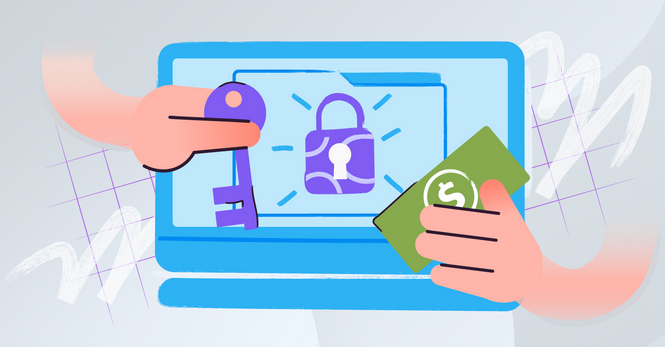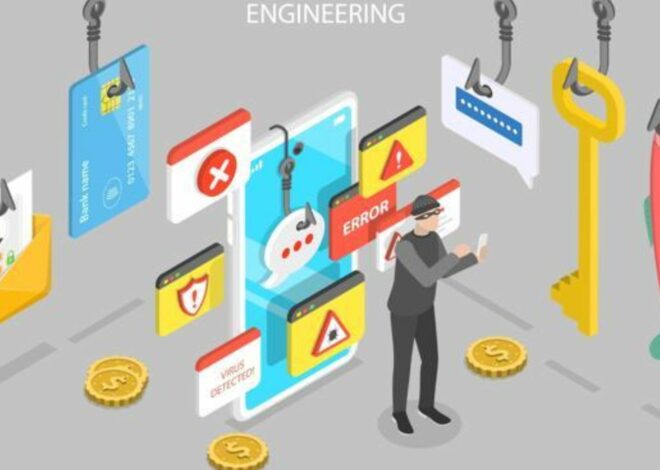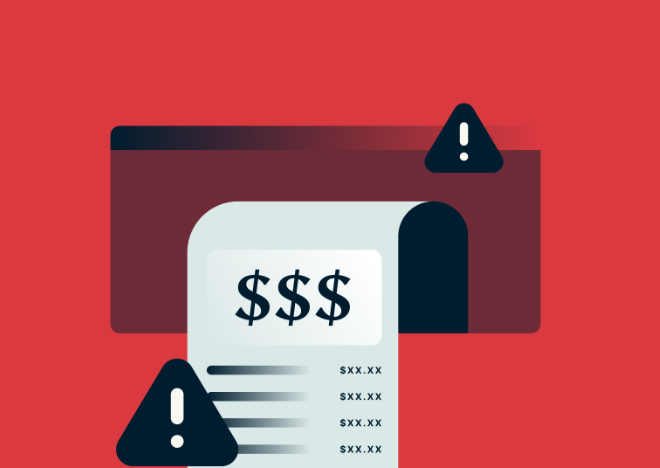
Ransomware: How to Protect Your Data
In the contemporary digital landscape, cybersecurity has become an imperative concern for individuals and organizations alike. Among the many cyber threats, ransomware stands out as one of the most potent and malicious. This article provides valuable insights into understanding ransomware and outlines effective strategies to protect your precious data.

Understanding Ransomware
Ransomware is malicious software designed to encrypt files and demand a ransom for their release. The perpetrators essentially hold the victim’s data hostage until a sum of money is paid.
Operating Mechanism
Once a device is infected, ransomware utilizes sophisticated encryption algorithms to lock files, rendering them completely inaccessible to the victim. This encrypted state prevents users from accessing or using their own data. Simultaneously, a ransom note appears on the victim’s screen, conveying instructions on how to make the ransom payment to the attackers. Typically, a specific amount of cryptocurrency, such as Bitcoin, is demanded. The note often includes a countdown timer, creating a sense of urgency and pressuring the victim to comply within a stipulated time, heightening the psychological impact of the attack.
Common Entry Points for Ransomware
Understanding how ransomware infiltrates systems is pivotal in devising preventive measures. The typical entry points include:
- Phishing Emails
Cybercriminals employ various deceitful tactics, and one of the most common methods is phishing through emails. These emails are carefully crafted to appear legitimate, often impersonating reputable organizations or individuals. The attackers use social engineering techniques to manipulate users into taking actions like downloading malicious attachments or clicking on harmful links. The emails may contain urgent or enticing messages to prompt quick reactions, exploiting human psychology. Once the user interacts with these malicious elements, ransomware can infiltrate the system, initiating its damaging encryption process. It emphasizes the critical importance of staying vigilant and
- Malicious Websites
Accessing compromised websites or downloading software from dubious sources exposes individuals and organizations to the risk of ransomware infection. Cybercriminals often inject malware into legitimate websites, exploiting vulnerabilities in their security. Unsuspecting visitors can inadvertently download malware onto their devices when interacting with compromised sites. Similarly, downloading software or files from untrusted sources, including torrent websites or unofficial app stores, increases the likelihood of encountering ransomware. These sources often lack proper security measures, making them prime targets for cybercriminals to distribute malware. Users must exercise caution and prioritize downloading software and visiting websites only from reputable, verified sources to mitigate the risk of ransomware infections. Additionally, employing robust antivirus and antimalware software can provide an added layer of protection against potential threats.
- Vulnerable Software: Outdated software or operating systems with unpatched security vulnerabilities can be exploited by ransomware.
- External Devices: Ransomware can also spread through infected external devices such as USB drives or external hard disks.
Strategies to Protect Your Data
Guarding against ransomware requires a proactive approach and a combination of technical measures and user vigilance:
- Regular Backups: Maintaining updated backups of critical data on separate and secure systems or in the cloud is essential. This ensures that even if you fall victim to ransomware, your data can be restored without succumbing to the ransom demands.
- Keep Software Updated: Regularly update all software, including the operating system and applications, to ensure that security patches are in place, making it harder for cybercriminals to exploit vulnerabilities.
- Install a Reliable Antivirus Program: Employ a reputable antivirus program that offers real-time scanning and protection against malware, including ransomware.
- Educate and Train Employees: Conduct regular training sessions to educate employees on identifying phishing attempts, suspicious links, and email attachments. Create a culture of cautious internet usage.
- Use Email Filtering: Implement robust email filtering mechanisms to detect and block phishing attempts and malicious attachments.
- Access Control and Permissions: Restrict user access to essential files and directories, limiting the damage that ransomware can cause within a network.
- Incident Response Plan: Develop and regularly update an incident response plan to effectively respond to a ransomware attack, minimizing damage and recovery time.
Conclusion
Ransomware remains a pervasive threat, constantly evolving to bypass security measures. Staying informed and implementing proactive measures is the key to protecting your data. By understanding how ransomware operates and adopting a multi-faceted approach, individuals and organizations can significantly reduce the risk of falling victim to this malicious software. Stay vigilant, stay updated, and safeguard what matters most—your data.



